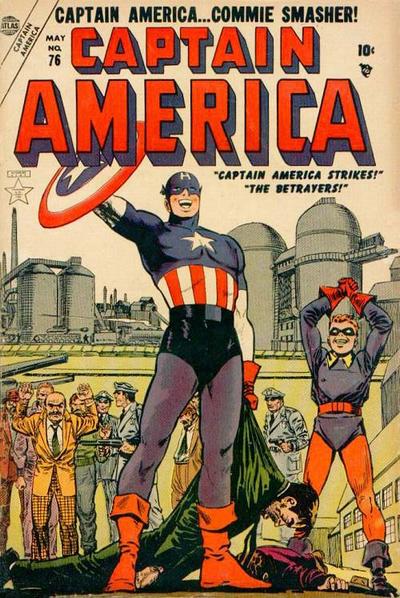Tiki Tom
My Mail is Forwarded Here
- Messages
- 3,399
- Location
- Oahu, North Polynesia
One of the less appealing aspects of the early cold war was the hunt for "reds" hiding under every bed. This included the House Committee on Un-American Activities, McCarthyism, etc. Some called it a "mockery of the Bill of Rights", others were a bit too quick to question a person's patriotism if they raised such concerns. At any rate, apparently vestiges of the "red scare" still exist and one of them is in the process of being dismantled in California:
http://www.sacbee.com/news/nation-world/article149393519.html
Friendly reminder: This historical topic treads perilously close to the "no politics" dress code around here. Please be appropriately mindful. Bartender: feel free to delete this thread if it starts to get out of hand. Looking forward to Lizzie's comments.
"Being a communist would no longer be a fireable offense for California government employees under a bill passed Monday by the state Assembly. Lawmakers narrowly approved the bill to repeal part of a law enacted during the Red Scare of the 1940s and '50s when fear that communists were trying to infiltrate and overthrow the U.S. government was rampant. The bill now goes to the Senate. It would eliminate part of the law that allows public employees to be fired for being a member of the Communist Party. Employees could still be fired for being members of organizations they know advocate for overthrowing the government by force or violence."
http://www.sacbee.com/news/nation-world/article149393519.html
Friendly reminder: This historical topic treads perilously close to the "no politics" dress code around here. Please be appropriately mindful. Bartender: feel free to delete this thread if it starts to get out of hand. Looking forward to Lizzie's comments.



